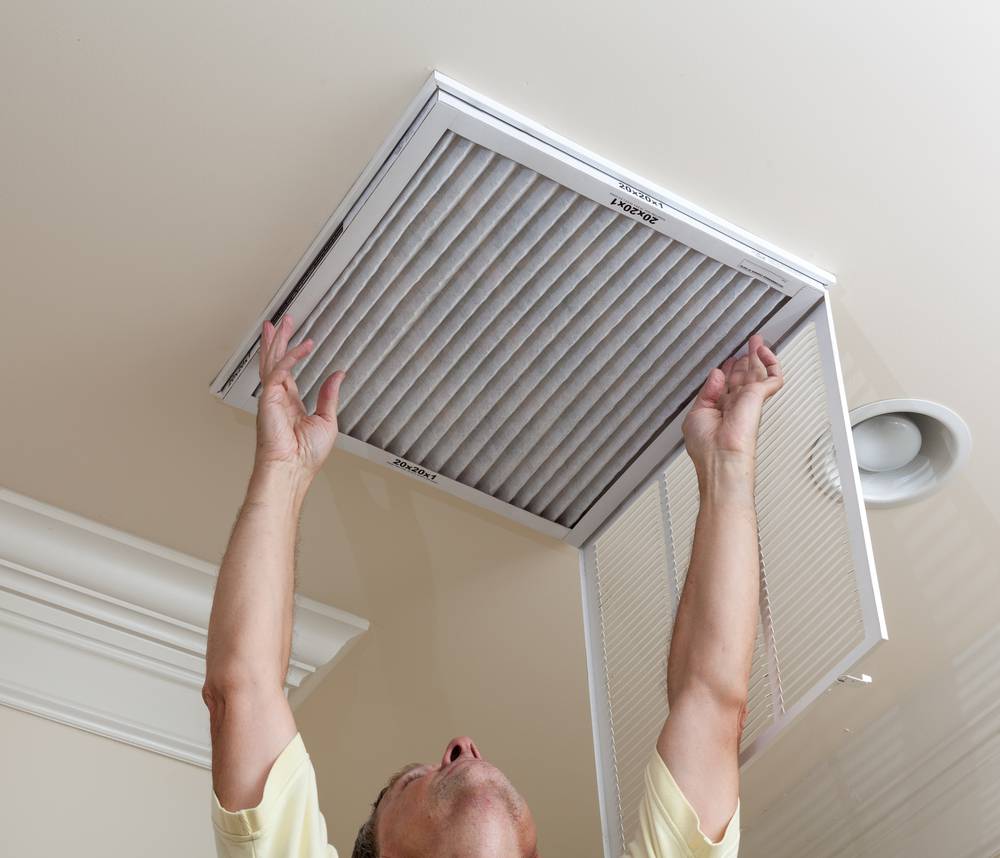What’s a Good Air Filter for Allergies?
- Hassan Siddiqui
- July 20, 2024
- No Comments
Summary
Investing in a good air filter for your HVAC system is a crucial step in reducing allergens and improving indoor air quality. High-MERV pleated filters, HEPA filters, and activated carbon filters are all excellent options for allergy sufferers. By choosing the right filter and maintaining it properly, you can create a healthier and more comfortable living environment.
If you or someone in your household suffers from allergies, you know how important it is to maintain good indoor air quality. One of the most effective ways to reduce allergens in your home is by using a high-quality air filter in your HVAC system. For professional advice and service on HVAC systems, you can visit Airco Mechanical. But with so many options available, how do you choose the best air filter for allergies? Let’s explore what makes a good air filter for allergies and which types are most effective.
Understanding Air Filters Air filters are designed to trap particles as air passes through them, preventing those particles from circulating through your home. The effectiveness of an air filter is often measured by its MERV rating, which stands for Minimum Efficiency Reporting Value. The MERV rating ranges from 1 to 20, with higher numbers indicating better filtration. To learn more about how air filters work, you can check out this Wikipedia article.
Key Features of Good Air Filters for Allergies
High MERV Rating

For those with allergies, it’s essential to choose an air filter with a high MERV rating. Filters with a MERV rating between 11 and 13 are typically effective at capturing common allergens such as dust, pollen, pet dander, and mold spores. Filters with a MERV rating of 14 or higher can capture even smaller particles, including bacteria and viruses.
HEPA Filters:
High-efficiency particulate Air (HEPA) filters are among the most effective options for allergy sufferers. HEPA filters can trap 99.97% of particles that are 0.3 microns or larger, making them highly efficient at capturing allergens. While traditional HVAC systems may not be compatible with HEPA filters due to their density, many portable air purifiers feature HEPA filtration.
Activated Carbon Filters:
Activated carbon filters are excellent for removing odors and chemical pollutants from the air. While they are not specifically designed to trap allergens, they can be beneficial for individuals who are sensitive to smells and chemical irritants, which can exacerbate allergy symptoms.
Electrostatic Filters:
Electrostatic filters use an electric charge to attract and capture particles. These filters can be very effective at trapping allergens and can often be washed and reused, making them a cost-effective option. However, they may not be as efficient as HEPA filters in capturing the smallest particles.
Types of Air Filters for Allergies
Pleated Filters:

Pleated filters are made from folded sheets of material, increasing their surface area and filtration efficiency. They come in various MERV ratings, with higher-rated pleated filters being effective at capturing allergens. They are widely available and easy to install in most HVAC systems.
Fiberglass Filters:
Fiberglass filters are inexpensive and commonly used in residential HVAC systems. However, they typically have lower MERV ratings (between 1 and 4) and are ineffective at capturing small allergens. They are better suited for protecting HVAC equipment than improving indoor air quality.
Washable Filters:
Washable filters can be cleaned and reused, making them an environmentally friendly and cost-effective option. They often have lower MERV ratings and may be less effective at capturing allergens than disposable pleated or HEPA filters. Regular maintenance is required to ensure they remain effective.
UV Filters:
UV filters use ultraviolet light to kill bacteria, viruses, and mold spores. While they do not trap particles, they can complement other filters to improve indoor air quality. UV filters are particularly useful in areas with high humidity, where mold growth is a concern.
Choosing the Right Air Filter for Your Home
When selecting an air filter for allergies, consider the following factors:
Compatibility:
Ensure that the filter you choose is compatible with your HVAC system. Check the manufacturer’s specifications for recommended filter types and sizes.
MERV Rating:
Choose a filter with a high MERV rating, preferably between 11 and 13, for effective allergen capture. Higher MERV ratings can offer better filtration but may also restrict airflow, so balance is key.
Maintenance:
Consider the maintenance requirements of the filter. Disposable filters are easy to replace but may be more costly over time. Washable filters require regular cleaning to maintain their effectiveness.
Indoor Air Quality Needs:
Assess your specific indoor air quality needs. If you are highly sensitive to allergens, a HEPA filter or a combination of a high-MERV pleated filter and an activated carbon filter may be the best choice.
Conclusion
Investing in a good air filter for your HVAC system is a crucial step in reducing allergens and improving indoor air quality. High-MERV pleated filters, HEPA filters, and activated carbon filters are all excellent options for allergy sufferers. By choosing the right filter and maintaining it properly, you can create a healthier and more comfortable living environment.

